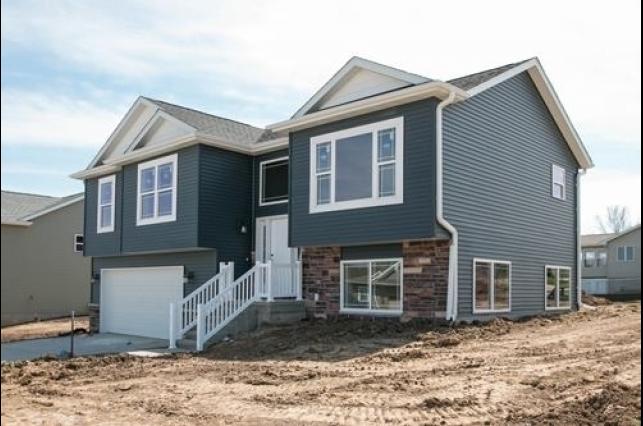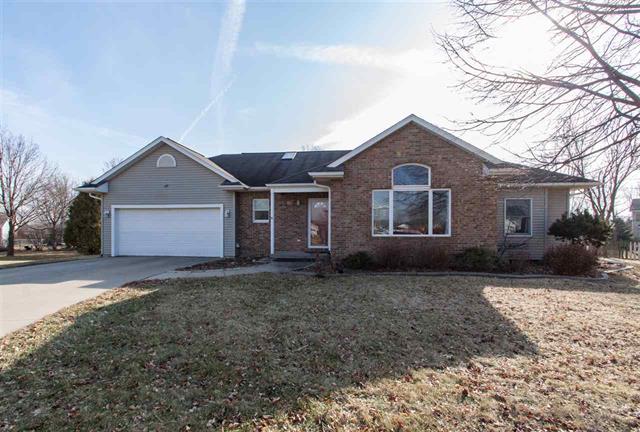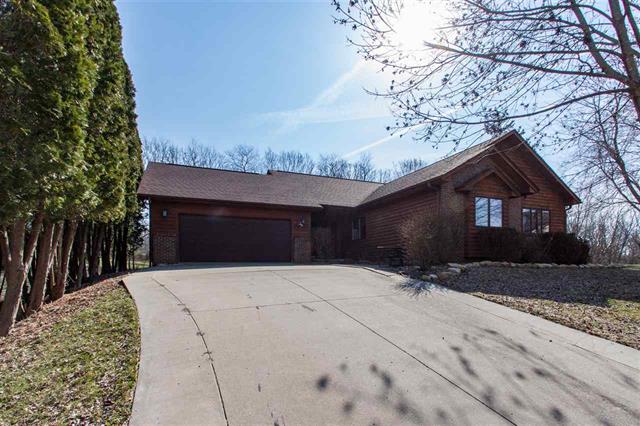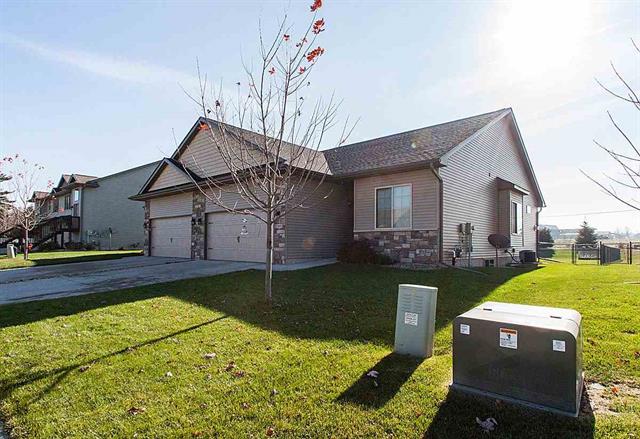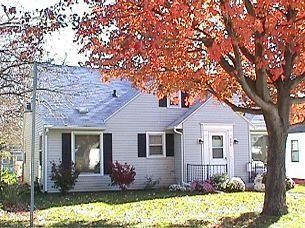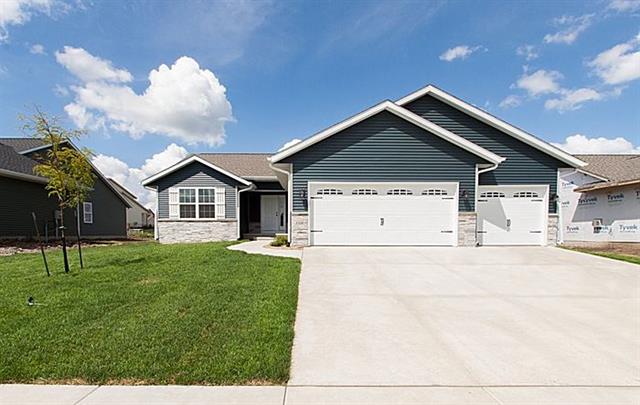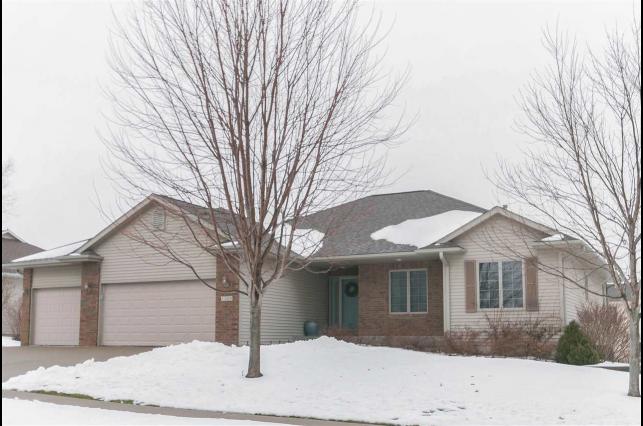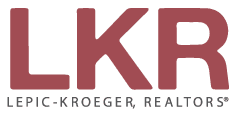Most of us start out as renters because it doesn't require a big upfront financial investment. But the downside to renting is that your monthly payments are a pure expense. In other words, once you make them, they're gone forever.
On the other hand, when you own a home, there are some nice financial perks, such as:
A portion of each payment reduces your outstanding loan balance each month, if you have a fixed-rate mortgage. Your mortgage interest and property taxes can be deducted from your taxable income each year. The market value of your home may rise over time, allowing you to build equity.
Additionally, when you own a home, you can have the lifestyle you want, spread out, and express your personal style. However, youll be responsible for maintenance and many unexpected expenses.
Buyers
Home Buyers!
Buying a home is a big decision. Not only is it a huge financial investment, but it's a place where you'll become a part of the community, interact with neighbors, and perhaps raise children.
Question #1: Why should I buy a home, instead of renting?
Question #2: When should I consider buying a home?
The right time to consider buying a home is different for everyone. But here are a few important questions that you should ask:
- Do I have good credit?
- Can I demonstrate 2 to 3 years of steady income from a job or business?
- Can I afford to pay a mortgage, taxes, and insurance every month?
- Is my current income likely to continue or increase?
- Do I have enough saved for a down payment?
If you answer "yes" to these questions, you're probably in a good position to seriously consider buying a home.
- Do I have good credit?
- Can I demonstrate 2 to 3 years of steady income from a job or business?
- Can I afford to pay a mortgage, taxes, and insurance every month?
- Is my current income likely to continue or increase?
- Do I have enough saved for a down payment?
If you answer "yes" to these questions, you're probably in a good position to seriously consider buying a home.
Question #3: How much down payment money will I need?
How much down payment you'll need depends on several factors, including the price of the home, the type of mortgage you get, and customary closing costs for buyers in this market.
In general, you need enough cash in the bank to cover 3 costs:
1. Earnest money - this is the good faith deposit you make on a home when you submit an offer. The customary amount varies depending on the market, but might range from 1% to 3% of the offer price. If your offer is accepted, the funds are applied toward your closing costs. If not, your earnest money is returned to you.
2. Down payment - this is the percentage of the home price that you must pay at closing. The more you put down, the lower your mortgage payments will be. Some loans require you pay 10% to 20% of the purchase price. Other loans designed for first-time home buyers, such as a Rural Development (RD) loan, a VA loan, or an FHA loan, may only require 3% down or less.
3. Closing costs - these are fees you must pay at the settlement, such as lender charges, an appraisal, survey, inspections, attorney fees, taxes, title insurance, and any other processing expenses. You should receive an estimate of your total closing costs from your lender, so you aren't caught by surprise.
In general, you need enough cash in the bank to cover 3 costs:
1. Earnest money - this is the good faith deposit you make on a home when you submit an offer. The customary amount varies depending on the market, but might range from 1% to 3% of the offer price. If your offer is accepted, the funds are applied toward your closing costs. If not, your earnest money is returned to you.
2. Down payment - this is the percentage of the home price that you must pay at closing. The more you put down, the lower your mortgage payments will be. Some loans require you pay 10% to 20% of the purchase price. Other loans designed for first-time home buyers, such as a Rural Development (RD) loan, a VA loan, or an FHA loan, may only require 3% down or less.
3. Closing costs - these are fees you must pay at the settlement, such as lender charges, an appraisal, survey, inspections, attorney fees, taxes, title insurance, and any other processing expenses. You should receive an estimate of your total closing costs from your lender, so you aren't caught by surprise.
There is a lot more to know, so call us and let us help you through the process of buying your first home!
Realtors Cedar Rapids
| Realtors Iowa City
| Realtors Marion
| Realtors Coralville
| Realtors North Liberty
| Realtors Tiffin
| Realtors Solon
| Real Estate Agents Cedar Rapids
| Real Estate Agents Iowa City
| Real Estate Agents Marion
| Real Estate Agents Coralville
| Real Estate Agents North Liberty
| Real Estate Agents Tiffin
| Real Estate Agents Solon
| Find A Realtor Cedar Rapids
| Find A Realtor Iowa City
| Find A Realtor Marion
| Find A Realtor Coralville
| Find A Realtor North Liberty
| Find A Realtor Tif fin
| Find A Realtor Solon
| Lepic Kroeger Realtors®
| Lepic Kroeger
| Kari Juhl
| Iowa Realtors
| Iowa City Homes For Sale
| Homes For Sale Iowa City
| Homes For Sale North Liberty
| Homes For Sale Cedar Rapids
| Homes For Sale Coralville
| Real Estate Iowa City
| Real Estate North Liberty
| Real Estate Coralville
| Iowa City Realtors
© 2022 KARI + WHIT, LKR
Web Design & Digital Marketing With ♥ By Dotcom Design
KARI JUHL & WHITNEY STORMER ARE LICENSED TO SELL REAL ESTATE IN THE STATE OF IOWA AND ARE REAL ESTATE AGENTS WITH LEPIC-KROEGER REALTORS®


